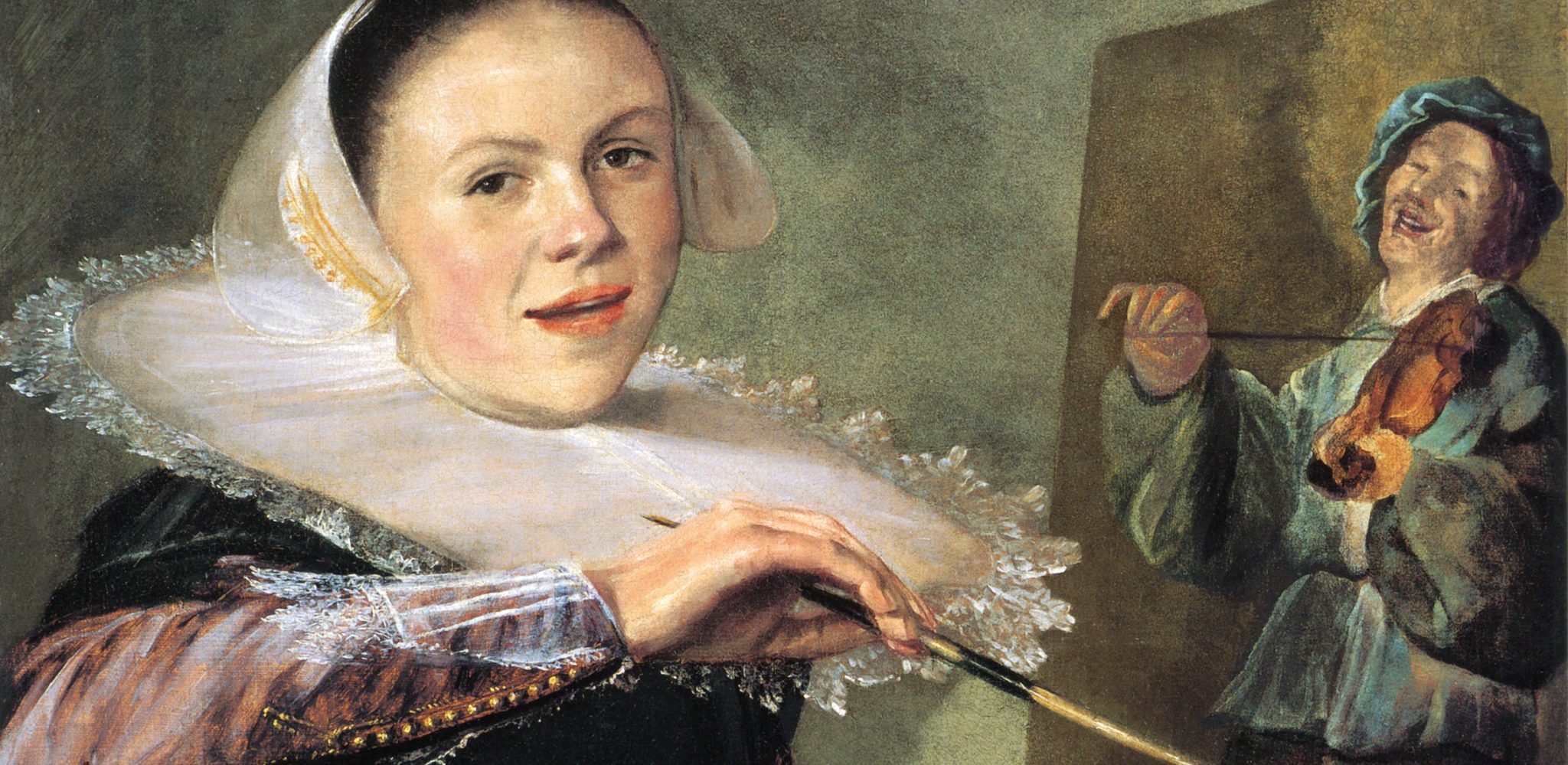Hettie Judah’s book is a reckoning with the problematic artworld conventions that exclude caregivers
Events that start at 6pm; no parental leave or benefits; near-obligatory travel to biennales, fairs and forums; foreign residencies that require months of commitment… One could say that the artworld is structurally inhospitable to parenthood – or as Hettie Judah argues, particularly hostile to mothers.
How Not to Exclude Artist Mothers (and other parents) is a reckoning with the problematic artworld conventions that exclude mothers and caregivers. These could be due to simple thoughtlessness to unquestioned legacy practices. ‘The timing of the private view to clash with the “witching hours” of childcare is of course coincidental’, she writes, ‘a hangover from the era in which gentleman collectors popped into the gallery for culture and a glass of wine… nevertheless it broadcasts a set of preconceptions about who is important in this world.’
Preconceptions that are basically misogynistic; so while Judah says the book applies to all parents, her focus on mothers acknowledges the gender gap in domestic burdens and the systematic prejudice against female artists, especially those who had taken time off to care for their children.
Judah’s target audience is the institutions and structures that influence art careers. Accordingly, the book’s chapters are titled ‘The Studio’, ‘Residencies’, ‘The Commercial Gallery’ and so on, delving into exclusionary practices in each area, then providing remedial suggestions: residencies split into multiple periods. Biennales with creches. More daytime events. Inspiringly, the book also presents case studies of alternative working models, including studios and residencies that allow artist mothers to work alongside their children, like Mother House Studios in South London; Pilar Corrias, a gallery 65 percent of whose artists are female; and various artist parent networks around the world.
Why should we include mothers and other parents? Judah makes the pro-diversity case that inclusion lets the artworld draw from a richer well of ideas and insights. This might convince public institutions, given their mandate of free access and creating public value, but could be a harder sell for profit-driven galleries.
Judah seems to acknowledge this commercial reality. When dispensing advice to women reentering the artworld after some years away, she admits she has ‘no good answer’ for success. ‘The best I can offer is a vague set of suggestions: work from a studio complex rather than from home so that you have other artists around you; form a mutually supportive group that promotes one another’s work; collaborate; organise shows; apply for residencies; network like a fury.’ These tips are mostly predicated on a capitalist, goal-driven professionalism. They are also more applicable to a Westernised artworld, which has infrastructure like studio complexes and residencies that enable and legitimise artistic practice but are not considered necessities everywhere.
For me, there is something about the messy realities of being a mother and artist that might be inimical to any central career planning. And what might be most supportive to women during this time is not only being given more opportunities to succeed, but being seen, understood and given time.
But perhaps that’s the subject of another book. Judah’s focus is on changing the current practices of arts infrastructure, so that family commitments are seen as an integral part of creative life. Achieving parent-friendliness is a challenge in all sectors, but it is heightened in the freelance and youth-worshipping artworld where parenting can be seen as some deeply uncool, unspoken secret. This book breaks the silence.
How Not to Exclude Artist Mothers (and other parents)
by Hettie Judah, Lund Humphries, £19.99 (hardcover)
